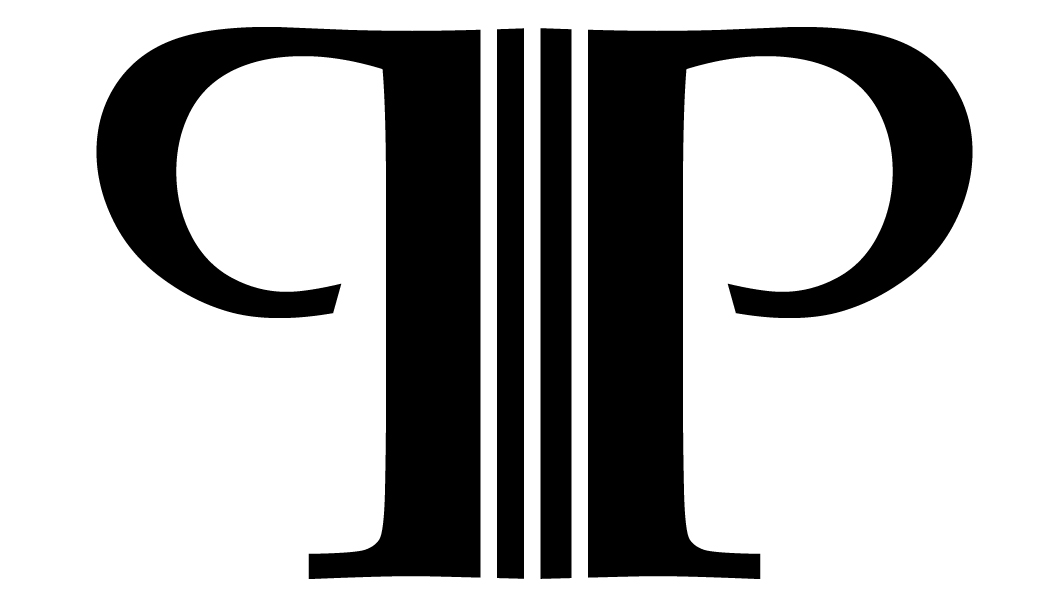This is what I hear the moment I bring up the fact that it is that time again. It matters not that the student has played in many recitals, in fact just played in one this past winter. The mere mention of the “R” word makes most of my students heads snap around and they get that “deer in the headlights” look in their eyes.
Paul and I combine our studio recitals. We plan two during the cello season. We have one around Christmas and one at the end of the season, around late May or early June.
I have each student participate in choosing one piece to bring up to performance level. Once in a while I'll have someone throw in an extra duet with a sibling or friend, etc. but normally it is one piece per student. This wasn't a difficult decision, it came about after both participating as well as sitting through millions (or just felt like it) of recitals where students played numerous pieces. I have memories of getting to one of our son's recitals at what seemed a reasonable time only to find that reasonable relegated us to the “overflow” room, in which there was not even a piano. Picture ten sets of parents all leaning in one direction straining to hear at least one of the seven compositions each student was allowed to perform, in the other room, the room WITH the piano.
The word broil also comes to mind.
So...we minimize. I have a large studio and I have empathy.
Once the piece has been chosen we begin with a wide scope and then tighten our field of expectation. I remind everyone that bringing a piece to performance is very different from working a piece week to week. They often laugh when I tell them that to be truly ready to perform there should be a bit of the “eating too many crackers'” feeling- that you will never eat those crackers again as long as you live. And then they stop laughing at about week six.
However, our goal is to not only work through the individual challenges of each piece but to create a muscle memory that will be invaluable when adrenaline joins the party.
We work the piece and, quite separately, we work on performance anxiety, which is another muscle entirely. I feel that to fully prepare even the youngest performer we must pay attention to their head as well as their hands. Teaching someone to perform serves a purpose well beyond studying the cello and it is my responsibility as surely as teaching someone to play notes is. Ron Thompson, my friend and author of the book “On Cue- Managing Anxiety, Inviting Excellence” talks about creating our ideal audience and reminding us that our performance is a gift to be given without expectation.
When the recital day arrives students stream into the space, appropriately early, to tune and simply to “be” in the space. Everyone has the chance to play a bit of their piece- although not so much that they give away the whole gift. I love to see the younger male students come in with their wobbly ties and their flattened hair. Sheepishly grinning and jamming hands into their pants pockets.
One by one they begin, some in duet with me and some braving the spotlight alone. I try to help the audience to understand how challenging it is to learn something new, anything new, but this is THE CELLO- enough said.
And we go though it all together. We look at each other in delight when they zip through a passage that they kept falling into at each lesson and I lean over and squeeze a hand when they fumble, because it is never about the falling and fumbling but always about the getting up.
Afterward there is cake- there is always cake at recitals isn't there? Everyone mills around and feels fabulous as their family and friends smile and congratulate. They hang onto the neck of their cellos with the hand that isn't holding the cake, they are a team, they need each other to shine.
I busy myself with odd jobs in the corners, exhausted in a way that only comes from emotional exertion. As each player walks forward to perform my heart begins to pound and I feel myself playing every note with them, urging them from a place that they can't hear. And now it is over and I'm softly happy.
The lesson from recitals is that we work and then....we play.
Melissa Perley
